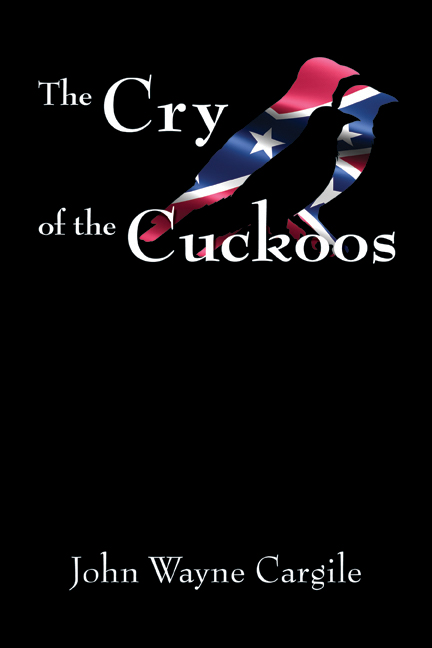The state in which I live may have been the first to declare Christmas a legal holiday. It is written that Alabama was the first state to declare it a legal holiday in 1836.
But, the question of whether Alabama, in 1836, was the first state to establish Christmas as a legal holiday is as confusing as when Jesus was born. According to two Alabama newspapers, the answer could be true or false if we were the first state to declare it a holiday in the new America?
To the question about when Jesus was actually born, we have conflicting stories there also. Why would shepherds in the fields be watching their flocks graze in winter? It was not commonplace. Some say, Jesus was born in the spring, around March or April -- grazing time.
Well, it has to be one or the other you might be thinking! History has a way of confusing our minds because it is history and written by humans, which tend to err occasionally on the wrong side. I wouldn’t know if anything is true if I wasn’t there and didn’t experience it. And, if I did experience it, I might err in describing or recalling it, because the human mind plays tricks with our memories.
But this is what was reported for those interested.
On Christmas Day in 2000 there were two stories about whether our state was, at least, the first in something. In a combined edition of The Birmingham News and The Birmingham Post-Herald (both newspapers where I have worked) a story quotes a history professor at the University of Alabama at Huntsville as saying that the event did occur in 1836. The story in the Birmingham Post-Herald reached an opposite conclusion. Ms. Robin Clemow utilized the services of the Alabama Department of Archives and History, among other sources, in her research. Rickie Brunner at the Archives provided her with February 23, 1883, as the date Alabama passed an act designating Christmas as a state holiday.
What we do know about this time of the year is that we as Americans have made it stressful in terms of spending money and going into debt until after the first of the year. What is the jolly of that! Bah, humbug, I say.
The popularity of Christmas in America was spurred on in 1820 by Washington Irving's book, “The Keeping of Christmas,” In 1834, Britain's Queen Victoria brought her German husband, Prince Albert, into Windsor Castle, introducing the tradition of the Christmas tree and carols that were held in Europe to the British Empire. A week before Christmas in 1834, Charles Dickens published “A Christmas Carol,” (in which he wrote that Scrooge required Cratchit to work, and that the U.S. Congress met on Christmas Day). It was so popular that neither the churches nor the governments could ignore the importance of Christmas celebrations. In 1837, T.H. Hervey's “The Book of Christmas,” also became a best seller. In 1860, American illustrator Thomas Nast borrowed from the European stories about Saint Nicholas, the patron saint of children, to create Father Christmas (Santa Claus). In 1907, Oklahoma became the last US state to declare Christmas a legal holiday. Year by year, countries all over the world started to recognize Christmas as the day for celebrating the birth of Jesus.
Today many of the pagan uses are reflected in Christmas. Jesus was probably born in March, yet his birth is celebrated on December 25th, the time of solstice. The Christmas celebrations end the 12th day of Christmas (January 6), the same amount of days that the return of the sun was celebrated by ancient and Roman pagans. It thus is no surprise that Christian puritans - or even conservative Christians - often are upset that Christmas "is not as religious as it was meant to be," forgetting that Christmas was not celebrated at all until fairly recently.
The concept of "Peace and Joy" over the Christmas season originates from the pagan beliefs in the magical powers of mistletoe. Enemies meeting under mistletoe had to call truce until the following day. That’s why we use mistletoe to steal a kiss from someone we love. Another folly!
Our true enjoyment of this season will only come from looking within and reflecting on the deeper spiritual significance the holidays have for us. Infusing our holiday activities with a sense of gratitude will bring a greater level of enjoyment to our life and also help us extend loving and kind energy to all we encounter. It is this spirit that will allow us to truly celebrate by sharing our greatest gifts - infinite love, peace, understanding, and joy -with those around us. It is not just for this season, but the entire year.
We can sing “Jesus is the reason for the season,” until our lungs are sore, and guess who will be ringing up the cash registers until it is all over? Bah, humbug, I say!
And, while musing on Christmas, a history lesson from the Bible. The Bible doesn’t mention it.
Sunday, December 23, 2007
Subscribe to:
Comments (Atom)


